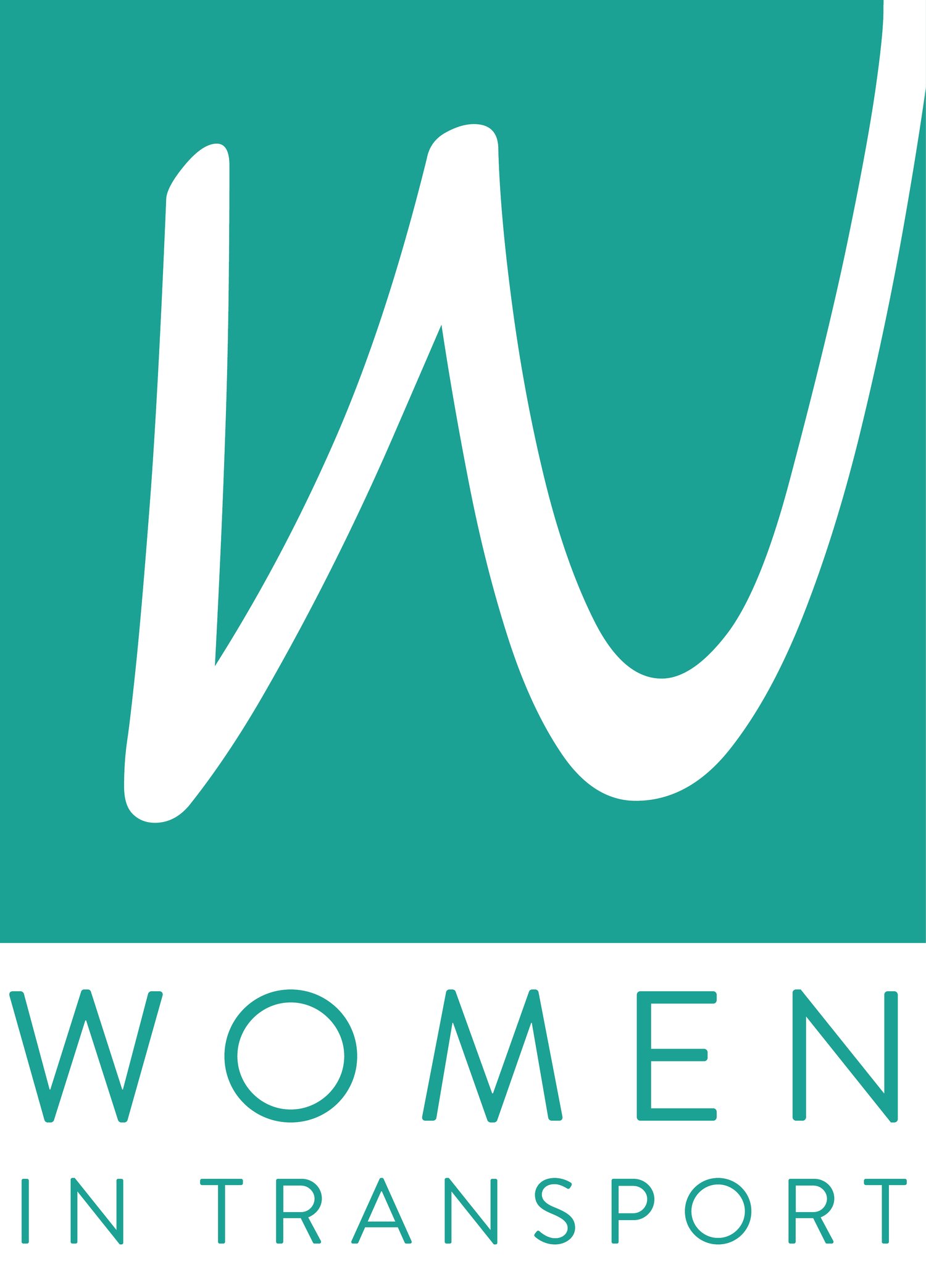by Shelley Benson, Communications Director, Eurovia UK
This current crisis has prompted many reflections for me – for all of us. I have been thinking about the value we place on the many jobs that often go unnoticed; nurses and caring professions, teachers and of course, the people who keep our communities safe and moving.
I come from a long line of nurses and caring professionals – my grandmother and father have cared for people in war zones, and my mother and aunt dedicated their entire careers to nursing.
I have thought about the many challenges I have faced in the last two weeks. The words used to describe this fight against Coronavirus are similar to those used in wartime. I feel humbled that my fears and anxiety are nothing compared to what our nurses have, and continue to, confront on a daily basis.
I faint at the mere thought of giving blood. I was clearly not cut out for frontline nursing! But I have given my career to public service. Working for organisations that I believe are making a difference to communities today and in the future.
Women in Transport has given me, and others, a place to come together and share ideas and debate our experiences in the transport sector. Right now, there is a very public debate about essential services and what this means for our sector.
The Department for Transport has advised that our sector has a key role in “…sustaining the economy where it is possible to do so whilst keeping people safe”. Transport has been recognised as an essential service. The challenge for those of us working in this sector, both personally and professionally, is how we do this whilst keeping our people, their families and loved ones, and the communities we work in safe.
As we grapple with how to interpret guidance, it often feels like time is against us. The death toll climbs like it knows no limit. Airlines are collapsing. And the people keeping our public transport and highway networks running and well maintained; working in jobs that cannot be delivered from the comfort of home, are getting public abuse for doing their job.
As we all struggle with the shifting reality of ‘normal’, it is good to reflect and hold on to the good, often hidden, role that we play in public life. What we each consider to be ‘essential’ is perhaps based on personal experience. But what I do know, is that every single person working hard to deliver key services that keep our highway networks safe and our public transport running, so that NHS workers, suppliers and other critical services, such as food deliveries, childcare and hospital supplies are kept moving, is a hero.
Nobody comes to work wanting to get ill. But many of our essential services and people on the frontline in our communities are continuing to deliver their job in the full knowledge that this may become their reality. We can, and are, making risk-based decisions on an hourly basis. Implementing new safety protocols, risk assessments and changing the way we work to keep people safe.
I am proud of my family tradition of caring, but I am equally proud of the sector I work in. We will get through this, with the help and support of the many professions that many of us don’t normally think about. Let’s hope, as we come out the other side of this crisis, we spend a little more time recognising their efforts on behalf of us all.
Annual membership of Women in Transport is £60 per year providing access to monthly events including unique site visits, professional development and networking opportunities. We very much welcome guest blogs from our members - a great way to share the incredible diversity of opportunity in transport, raise your profile and connect with our community.
Follow us @transportwm on Twitter, on Linkedin at Women in Transport and at @transportwmn on Instagram for events, news and updates.
